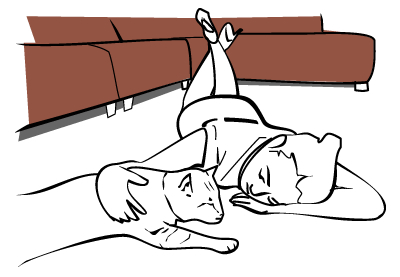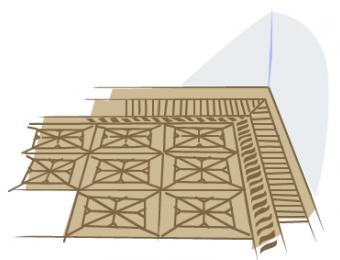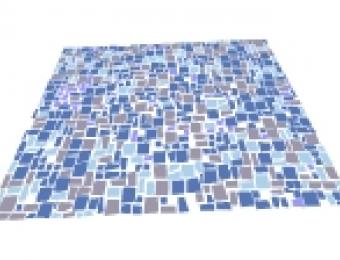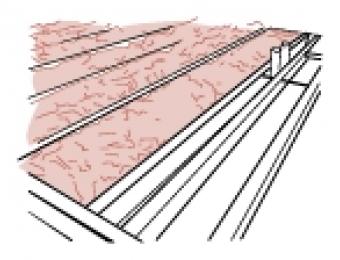
Why comfortable flooring is so important
One of the main concerns for any floor is how comfortable it is for you to walk on. Whether this is in shoes, socks or bare feet, it will make a huge difference to how much long term value you get from your floor. There are a huge range of textures and feels, even among the same types of flooring surface. A thick plush carpet, for instance, gives a completely different sensation underfoot compared to one of a shorter pile.
You will also want a floor surface to not only suit your needs now, but those you might have in the future too. Comfort covers a variety of things like texture, slip resistance, heat retention, bounce and hardness – all will have a direct impact on how you walk on the floor and your enjoyment of it.
Comfort and health
Something that's often overlooked until the floor's finished is how the flooring surface will affect your long term health. If you or anyone in your family is susceptible to airborne allergens, for instance, you will probably want to avoid overly fluffy thick pile carpets. Linoleum, by contrast, is hypoallergenic and can be a great choice for those with severe allergies.
Harder floors will be more wearing on the legs too, especially the knees, so take this into consideration when planning. Standing in one place for a long period of time in the kitchen will be much more comfortable on a softer surface. Having said that, something as simple as a strategically placed rug or some rubber matting can help to reduce the impact.
Heating and cooling
How your floor reacts to indoor heating and cooling will also play an important role in determining long term enjoyment and comfort. A floor that is prone to losing heat in the winter and holding heat in the summer will not be particularly pleasant in a bedroom, and will quickly run up your heating and cooling bills (though subfloor insulation can go some way to reducing this). Will your house have ducted heating and cooling? How frequently will you have to adjust the temperature during the year? Is it possible to plan some efficient underfloor heating where it's needed most?
Comfort versus convenience
You should also think about how much foot traffic an area will see, and whether it might be practical to have a slightly less comfortable surface that is easier to clean. You will need to weigh this against what the surface will be used for; cleaning spills and messes from a tile floor might be a breeze, but a tile floor in a rumpus room might cause injuries from falls (depending on how hard you're rumpusing) and get cold very easily.





